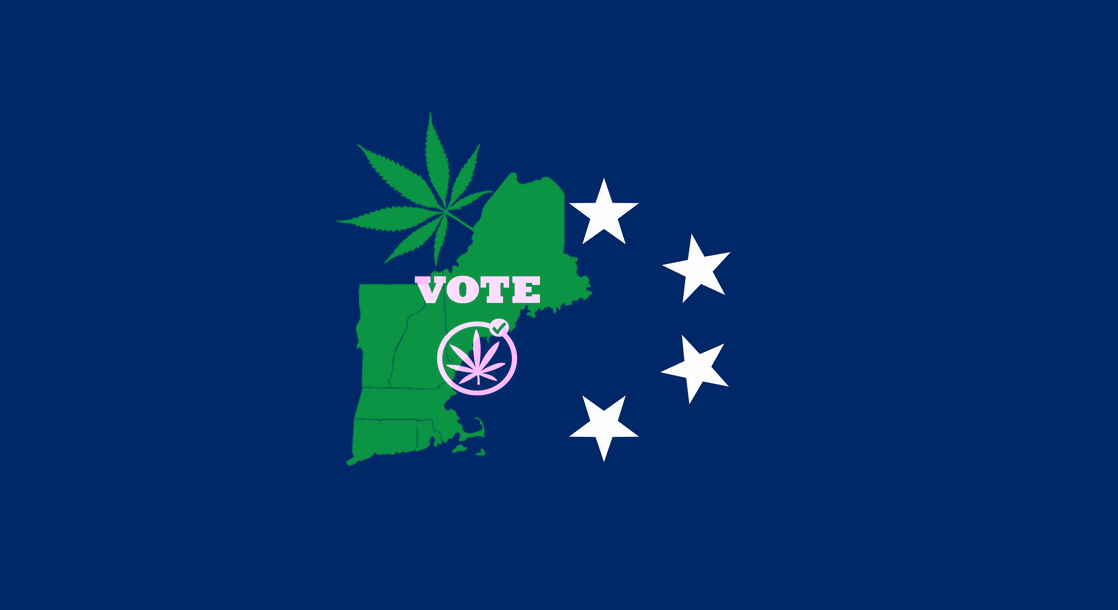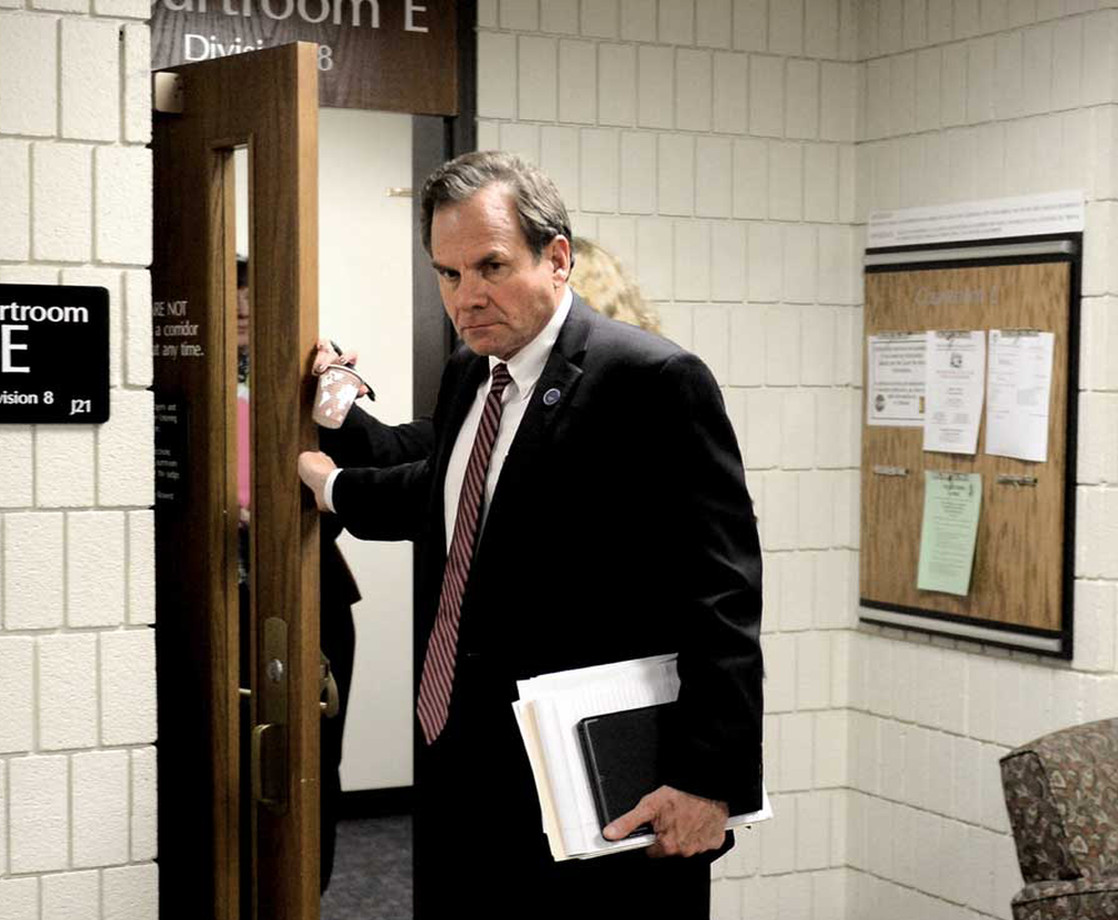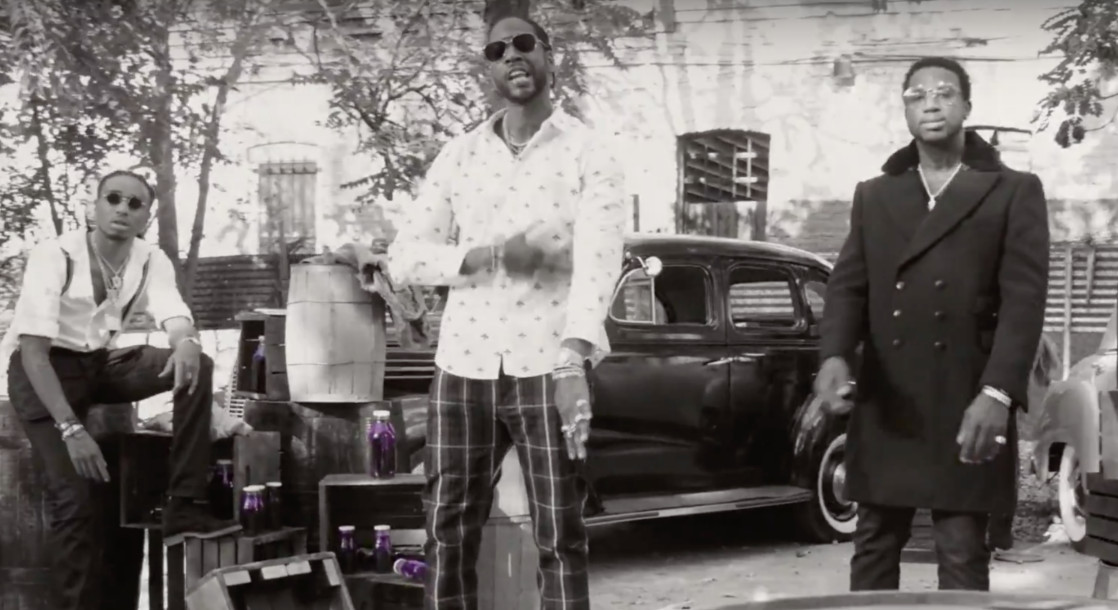Last week, this column was pretty pessimistic. Apologies, but when a state in my own beloved Northeast decides to put the kibosh on a law that would reduce the number of prisoners in their jails in and increase the amount of tax dollars in its coffers, it grates at the nerves. New Hampshire did it, and Vermont did too, but to the East, Maine has given New England a new hope for legalization.
It was announced this week that cannabis legalization would be on the ballot this year as a good old-fashioned voter referendum. Though legislators declined the option to vote on the issue themselves, the Maine state government was more than willing to let the citizens decide. The Campaign to Regulate Marijuana Like Alcohol, the main lobbying group that made this referendum possible, submitted more than 60,000 extra signatures when they brought it before the powers that be, giving main an early optimism about becoming a stronghold for legalization, especially as Canada, its neighbor to the North, announces its plans to fully legalize by 2018.
But Maine Secretary of State Matt Dunlap thought it fit to discard nearly half the signatures, including 17,000 on which he said the notary’s signature on the petition did not match the signature on file. He later certified a further 11,000 signatures to bring the measure over the threshold it needed. Currently, cannabis legalization enjoys a 54% rate of support among the Maine population. This includes, one would assume based on concurrent reports that senior citizens are toking up in record numbers with common reasons being arthritis, glaucoma, and the simple fact that the hippie generation is getting really, really old.
Massachusetts and Nevada, the latter of which also has a high population of seniors and retirees, not to mention one of the finest medical systems in the country, are also voting on legalization in November, which would firmly establish the West Coast as legal marijuana’s future and truly get the ball rolling for the East Coast’s hopes.
Something that voters in all three of these states, and hopefully more by November, should remember is that in states where cannabis is legal, opiate overdoses have dropped sharply, tax revenues have increased handily, and youth use rates have gone down as the black market shrinks. The East Coast, with its ongoing heroi, oxy and speed problems, could take a lesson from weed-friendly locales.











